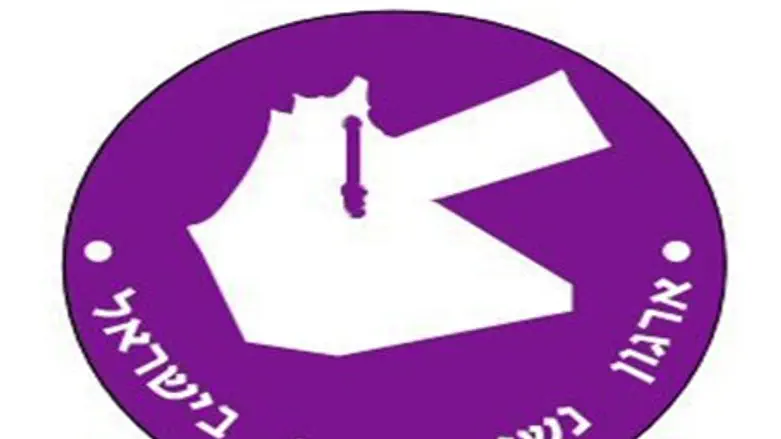

They are in denial even though the ground is burning beneath their feet Menachem Begin's Herut Party is not associated immediately with its children's day care centers and radiologist Dr. Iddo Netanyahu is not known as a playwright. But an event this week will be combining the two as Neshei Herut, the Herut Women's Organization, celebrates its 60th anniversary.
Menachem Begin's Herut Party is not associated immediately with its children's day care centers and radiologist Dr. Iddo Netanyahu is not known as a playwright. But an event this week will be combining the two as Neshei Herut, the Herut Women's Organization, celebrates its 60th anniversary.
To be performed at the event will be the new play Happy End written by Dr. Iddo Netanyahu, the brother of the prime minister. Happy End has already been performed in Germany and Italy to acclaim.
The play is billed as the story of a man who must decide whether or not to remain in familiar terrirtory or to venture into the unknown. The main character is the fictional Dr. Mark Erdmann, a famous professor of physics at the University of Berlin in the year 1932. He and his wife Leah love the city of Berlin, but a man called Adolph Hitler has just been elected.
Iddo Netanyahu spoke with Miri Krimilovsky of Reshet Bet Radio in Israel about his play."It's about self-delusion," says Netanyahu, "they are in denial and refuse to leave their beloved city even though the ground is burning beneath their feet. The theme is still relevant today." Netanyahu continues, "I don't think there is a playwright who uses another period in history without thinking about himself. I use history to distance the audience from the immediacy of the events of today and I think that makes things penetrate more deeply."
But the real stars of the event will be the women who have helped Israeli children since 1950. Yael Shmargad has been managing director of Neshei Herut for the past eight years. She spoke with Israel National News about the day care centers they run, the history of the organization and their 60th anniversary event this week.
Can't see player? Click here for download.
"We have day care centers from Kiriyat Shemona [in the north] to Kiriyat Malachi [in the south], all over the country. We have social workers. The daycare centers take care of the entire family, not just the children," Shmargad relates. There are a total of 27 centers in various cities around Israel. Some are open from 7:00 am to 7:00 pm.
One of the most interesting cases for Shmargad is the center in Tzfat that helps new immigrants. Most of these children are from Jewish-Ethiopian families. "We take care of them while their parents are in the ulpan," says Shmargad.
Some of the women who helped found the day care centers back in 1950, just two years after the State of Israel was reestablished, are still active. Among those women are Lifsha Jameson, Ida Kaplan, Dr. Chaya Levin, and Aliza Yerushalmi. Originally a political party in the Knesset, they branched out of politics to welfare so as to help the community.
Shmargad doesn't see it as strange that a party known for it's ardent Zionism inspired by Zev Jabotinsky should be involved in child care. "Like Jabotinsky said, the Five Mems," states Shmargad. The reference is to Jabotinsky's concept of what a Jewish State should provide for its citizens. In the 1930s, the Zionist leader stated that a future Jewish country should provide mazon (food), maon (housing), malbush (clothing), marpeh (medical care), and moreh (education).
Other politically affiliated women's organizations, such as the religious Zionist Emunah and the Labor party Na'amat, also run day care networks in Israel with hundreds of centers. Originally, in the early days of the state, these women's groups addressed the desperate need for working hands by allowing young mothers to join the work force. Today, the centers act to help mothers continue to further careers, or to work to augment the family income. They provide crucial early childhood education and socialization, especially necessary for immigrants and poverty stricken neighborhoods.
"That's the meaning of being in a movement like this," says Shmargad, "to continue to help the country, the community, and the people that need us.
The 60th anniversary event for Neshei Herut will take place at the ZOA House in Tel Aviv on Friday September 3rd at 11:30 am. A cocktail reception with guest of honor MK Reuven Rivlin, Speaker of Knesset will be followed by the showing of the play Happy End. For more information call 050-562-7735 or visit www.herutwomen.com.